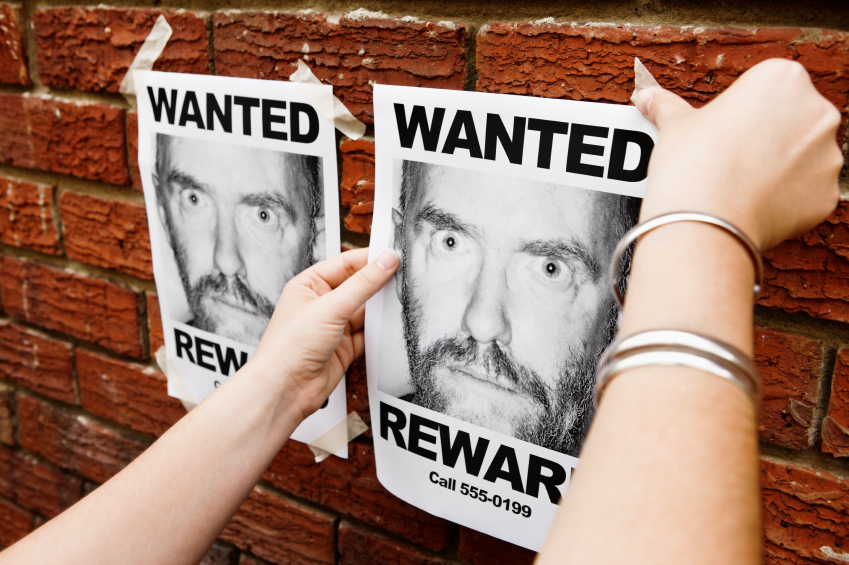Dinner guests came over to our home recently. We talked while preparing food and by the time we sat down the conversation was in full swing. Someone asked about a project I had been working on and I began sharing details.
Lots of details.
Over the course of a few minutes, I took the dull roar of a lively discussion and reduced it to simply dull. Unwittingly, I broke several rules for good conversation.
Understanding these rules applies to more than just dinner conversation. These can impact your next presentation or an important dialogue with a client. Whether you use these at home or in the office, maybe you can learn from my mistakes.
- Dispensing Information Instead of Setting Up the Scene
- I started into my story without giving a premise. I just began a laundry list of details. Some of the guests probably had no idea when/where any of these things happened… or why.
- Think about your favorite childhood stories, they probably began with “Once upon a time…” or “A long time ago…” or “There once was a man who…” Give your audience a landscape to put the story into.
- Stating the Facts and Leaving Out the Drama.
- I gave people the facts as they happened. I failed to communicate any of the emotion or tension I experienced while those events transpired.
- A good novel will describe the inner tension the protagonist is experiencing. This helps us get inside the head of the character. People won’t relate with you if you don’t share the struggle and emotion.
- Flattening the Delivery Instead of Building Energy
- Not only did I state facts, I did so with a fairly even tone (AKA monotone). The distant looks on people’s faces indicated that I had basically lost everyone’s attention. A monotone delivery will have that effect.
- Think of a musical score. They build up to the most dramatic points. This is called a crescendo. Every story should have its own crescendo. Build energy as you get to significant points in your story.
- Giving Away the Ending Instead of Foreshadowing
- I basically told everyone the end result before starting my story. At that point, there was really no reason to tell the story at all.
- Instead of telling the ending, movies will often give an indication of what is going to happen, but leave out enough information that you wonder when or how the story will reach such a conclusion. This is a VERY effective way to keep an audience engaged.
- Focusing on Yourself Instead of the Cast of Characters
- In the end, my story was written by, played by and directed by me. This makes a story as thin as cardboard, as you have no real conflict without opposing characters.
- Great stories have heroes, villains, victims, et al. This cast of characters gives interesting diversity and the opportunity for drama (as we earlier discussed is needed) when opposing motives collide.
This is by no means an exhaustive list of conversation killers. Maybe you’ve seen others lurking around the water cooler, or you’ve seen some bloody hands on a blind date. Let’s line up the usual suspects. What are the conversation killers you’ve encountered?

